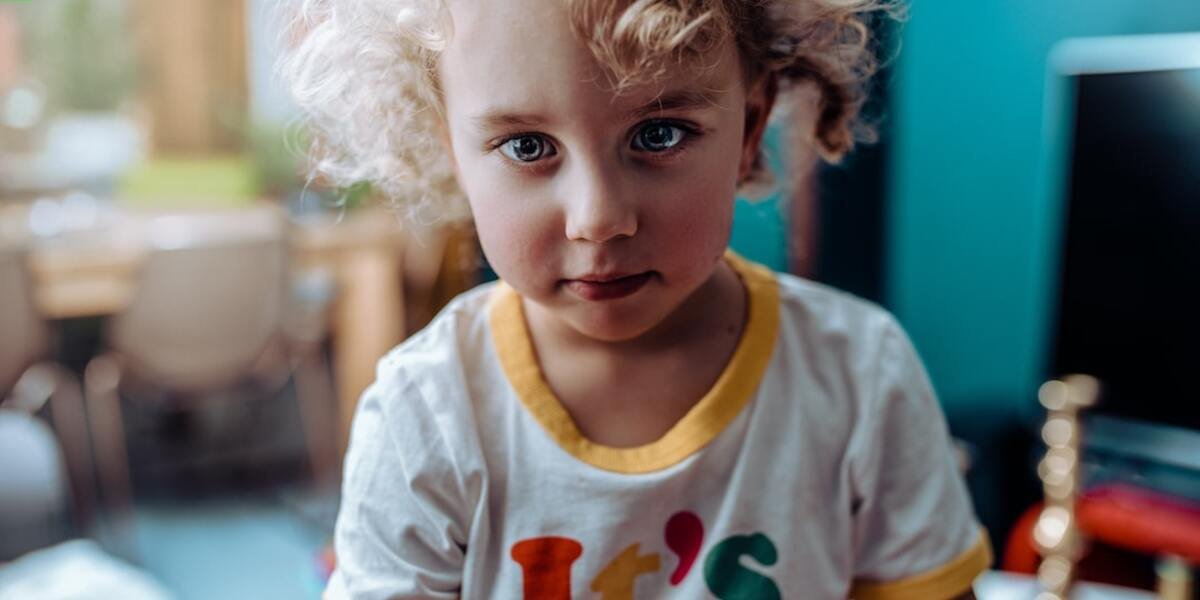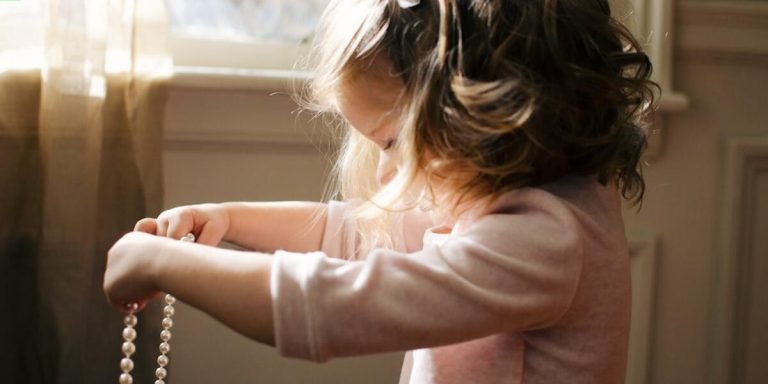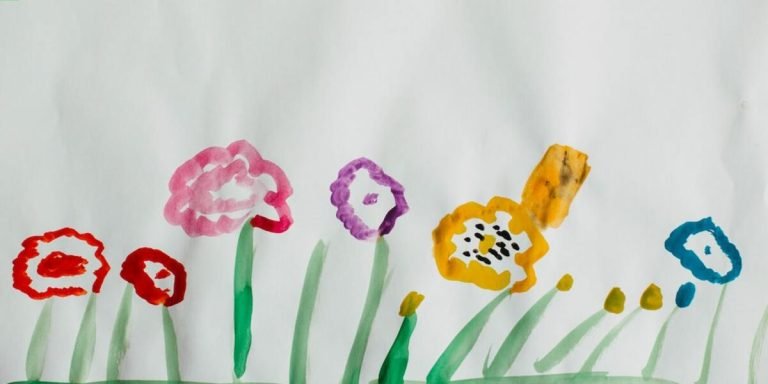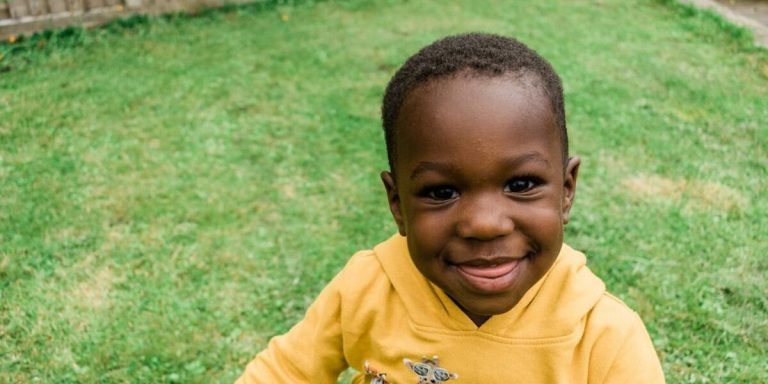Montessori Nursery: A Detailed Exploration for Parents and Educators
Deep within the realm of early childhood education, a unique instructional technique known as Montessori nursery has been gaining recognition and popularity. Named after its inventor Maria Montessori over a century ago, this approach to learning endeavors to foster an environment where children feel empowered in their own development and cognitive growth.
Understanding the intricacies of a Montessori nursery is invaluable for parents and educators looking for innovative methods that stimulate young learners’ curiosity. This comprehensive exploration aims at delving deeper into what makes up such nurseries – from their philosophy and methodology to benefits – all tailored towards meeting individual child’s academic needs while promoting independence.
Did you know?
Did you know that the first Montessori school, called Casa dei Bambini or Children’s House, was opened in 1907 by Maria Montessori in Rome to educate disadvantaged children?
Understanding the Montessori Nursery Approach
“Diving into the world of Montessori nursery education, we encounter a distinctive approach to early childhood learning that has stood the test of time. Although its inception dates back over 100 years ago by Dr Maria Montessori in Italy, it’s relevance today is undisputed. The philosophy resonates deeply with many educators and parents alike as it emphasizes independence, freedom within limits and respect for children’s natural psychological development.
As technology continues to evolve rapidly in this digital age of 2023, integrating these advancements into an educational setting such as a Montessori nursery becomes vital. Here you could find interactive monitors replacing traditional chalkboards or sensory games being shifted onto tablets which may seem contrasting considering how this pedagogy focuses on utilizing tactile materials but if done right can be complementary too.
The Core Principles of Montessori Education
The Montessori nursery approach is an innovative method for early childhood education, widely adopted in 2023. It integrates technology while emphasizing independence and respect for a child’s natural development. When exploring the core principles of this effective educational model, three elements notably stand out.
Firstly, Montessori education embraces self-directed learning. In a typical montessori nursery setting, children are provided with safe, engaging environments where they’re encouraged to explore and discover at their own pace. Digital tools like tablets or interactive whiteboards can be incorporated judiciously into these settings providing kids opportunities to learn through tech-enhanced experiences that naturally pique curiosity.
Second principle centers around the idea of “absorbent mind”. According to Maria Montessori – pioneer of this methodology – young children possess an innate ability to absorb information from their surroundings effortlessly. Technology integration amplifies this absorption process by making it possible for educators to introduce complex ideas using captivating methods such as animated videos or gamified apps which simplifies understanding without taking away its substance.
Lastly but by no means least important principle focuses on holistic development: encompassing cognitive, physical and emotional skills alike in edification processes instead of concentrating solely on academics seems another hallmark aspect about montessori nurseries . Implementation wise it involves activity-based tasks bolstered with smart playtools stimulating all-round growth among youngsters more efficiently than traditional desk-bound teaching methods do today .
How a Montessori Nursery Fosters Child Development
In the realm of early childhood education, one framework that has garnered attention over years is the Montessori Nursery approach. Known for its child-centered pedagogy and focus on independent learning, a Montessori nursery expertly fosters child development.
At the heart of this method is respect for a child’s natural psychological, physical, and social growth. In such an environment children harness their curiosity and creativity through engaging activities designed to cultivate holistic development – from cognitive skills to socio-emotional understanding.
Surrounded by a wealth of materials in hands-on learning environments these young learners become adept at directing their own explorations. This independence not only nurtures mental agility but also paves way for self-confidence and decision-making skills from an early age.
The role technology plays within this educational setting cannot be understated either as it adds another layer to how 21st-century competencies are incorporated into daily routines even during these formative years. Whether it’s interactive whiteboards sparking discussions or digital storybooks enhancing language acquisition – Technology invigorates both teaching practices as well as learning experiences in a montessori nursery without overshadowing its core principles.
Moreover with advancements like Augmented Reality (AR) now entering pre-school classrooms worldwide there’s never been more potential for innovative ways of merging traditional methods with modern technology all while maintaining commitment towards each individual’s unique path towards progress.
Key Differences Between Traditional and Montessori Nurseries
As parents and educators, we often find ourselves immersed in the debate between traditional education methods and alternative approaches such as Montessori nurseries. The key differences lie not only in their philosophy but also how they make use of technology to enhance early childhood education.
In standard kindergartens or preschools that apply conventional educational strategies, there is typically a set curriculum guided by direct instruction from teachers. Technology integration tends to be limited at these stages due to concerns about overexposure causing detrimental effects on young children’s development. On the other hand, Montessori nursery settings encourage self-directed learning with carefully designed materials aimed at appealing specifically for each developmental stage.
Montessori nurseries stand out from traditional methods by integrating modern technologies into their pedagogical approach, which focuses on Early Childhood Education. Montessori educators maintain that mindfully used digital tools can enhance hands-on experiential learning. They align this with Dr. Maria Montessori’s principles that promote cognitive growth through sensory experiences. In practice, they combine tactile interactive activities with physical objects and digital multimedia content to deepen understanding.
Curriculum Comparison: Learning Through Play vs. Structured Lessons
Understanding the curriculum differences between traditional and Montessori nurseries requires a deep dive into two key approaches: learning through play and structured lessons. By unravelling these dissimilar methodologies, we can effectively gauge their advantages and how they shape early childhood education.
Learning through play is an integral part of any Montessori nursery’s ethos. This approach emerges from the belief that youngsters learn better when engaged in activities which stimulate creativity, problem-solving skills, sociability, emotional growth as well as physical development. In 2023 with evolving pedagogical methods, technology has begun to influence this form of teaching too; digital games now provide hands-on experiences for children while imparting knowledge simultaneously.
In contrast stands traditional childcare centres where education comes enveloped in structured lessons designed according to set curriculums enforced widely across all public schools globally since ages. Here formal classroom instruction holds precedence over anything else involving textbooks reading , workbooks filling out or simply recitation routines rather than exploration-based discovery journey . Teachers control what needs be taught instead learners leading process themselves like seen montessori preschools set up .
Classroom Environment: Freedom Versus Formality
In sharp contrast to traditional nurseries, a Montessori nursery is designed with the child’s freedom in mind. The unique setup of these environments promotes exploration, curiosity and independence – key elements that set them apart from their formal counterparts.
A typical scene in a traditional nursery might involve children sitting at tables or desks whilst they engage with structured activities initiated by the teacher. It’s often adult-driven, focusing on specific learning outcomes which are measured through testing.
One notable element within the Montessori method is its emphasis on practical life skills such as dressing oneself or preparing snacks independently; this level of autonomy isn’t usually offered until later years within more conventional educational settings.
The integration of technology also plays an essential role notably different between both setups . Modern classrooms today look beyond just imparting knowledge but integrating skills required for future readiness . In Traditional Nurseries while we see use of some technological aids like digital displays , audio visual lessons it typically follows defined curriculum .
Selecting the Right Montessori Nursery for Your Child
Selecting the right Montessori nursery for your child in today’s technologically advanced age requires more than just considering location or class size. The integration of technology in early childhood education has transformed how children learn, making it a key factor to consider when choosing a high-quality institution.
The benefits of technological integration within a Montessori setting are abundant: from enhancing communication and social skills through interactive digital platforms to enriching cognitive development via educational apps that foster creativity and problem-solving abilities. However, these advantages can only be capitalized if the chosen school effectively incorporates such technologies with traditional learning methodologies.
Balancing hands-on experiences with tech-based ones is crucial as both play vital roles in holistic development— something inherent to Montessori philosophy. Hence, while selecting the best fit for your little one, ask about their digital pedagogical strategies alongside other aspects like curriculum framework and teacher-student ratio. Remember always weighing up how well-equipped they are at fostering an environment where technology complements – instead of overpowers – instinctual modes of engagement.
Assessing a Genuine Montessori Environment
Choosing the correct Montessori nursery for your child is a crucial decision. A genuine Montessori environment carefully integrates technology in education, fostering children’s natural curiosity and love of learning while also meeting their developmental needs. Here are some factors you can consider to evaluate whether a particular institution measures up.
Observe how well digital tools are incorporated into daily activities. In 2023, it’s no longer about having fancy gadgets but using them as meaningful teaching aids that enhance discovery-based learning specific to Montessori pedagogy. These could include interactive whiteboards for group lessons or educational apps on tablets that promote independent study.
Check if the teachers demonstrate proficiency in utilizing these technologies effectively and wisely in guiding kids rather than letting them spend excessive hours screen-bound which goes against Maria Montessori’s principles of hands-on exploration being at the heart of understanding concepts genuinely.
Look out too if adaptative software tailored towards individual learner’s pace gets used wherein students move ahead not by age but ability aligning perfectly with ‘follow-the-child’ philosophy underlying every true-blue Montessory set-up.
Importance of Certified Montessori Educators
Certified Montessori teachers play an integral role in a child’s early education, especially with the evolving landscape of technology integration into the educational sphere. With verified training and dedication to Maria Montessori’s philosophy, these educators focus on nurturing children’s curiosity, encouraging self-driven learning experiences that take advantage of digital resources.
Every educator at your chosen montessori nursery should hold a recognized certification from accredited institutions. These certifications ensure they have undergone rigorous practical and theoretical coursework to master Dr.Montessori’s method. In 2023 these courses include specialized modules on handling contemporary challenges such as smart devices in classrooms.
Montessorians are known for their unique approach towards teaching which goes beyond conventional paper-pencil methods. Their expertise lies not only in educating young minds but also guiding them through creative problem-solving using advanced tools like tablets or coding games designed specifically for preschoolers.
In this age where practically every aspect of our lives is integrated with technology, it becomes crucially important that even pre-schools provide exposure to tech-oriented processes – albeit carefully monitored ones! A certified Montessouri teacher will be skilled enough to know when and how much screen-time is appropriate enhancing educational outcomes without compromising other developmental areas such as physical activity or social skills growth.
Selecting a montessori nursery with certified staff ensures your child gets introduced properly to modern technologies under guided supervision while still enjoying playful elements associated traditional early years’ curriculum delivery practices – best both worlds!
Conclusion
In the thrilling world of early childhood education, a Montessori nursery offers an unparalleled blend of independence and stimulation. Unleashing your child’s potential doesn’t have to be convoluted – embrace simplicity with open arms as it can lead to monumental development feats.
We’ve only just scratched the surface of what makes a Montessori Nursery tick but believe us when we say, there is so much more awaiting you! Keep exploring our website for deeper insights into nurturing young minds effectively. Whether you’re new parents or seasoned educators seeking fresh perspectives on teaching children, our vast reservoir of resources will keep enriching your journey at every turn.







